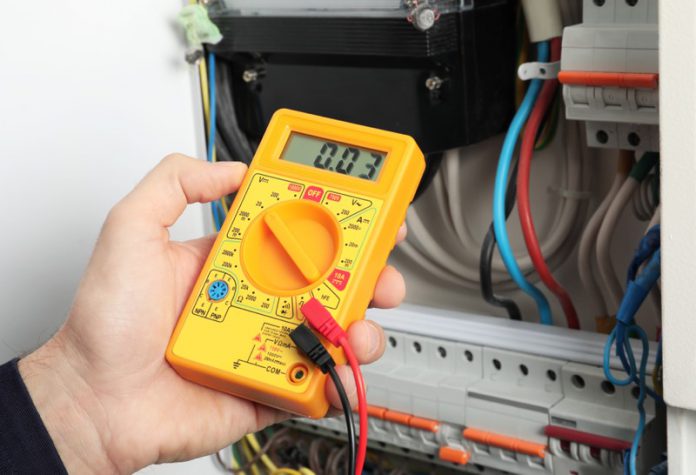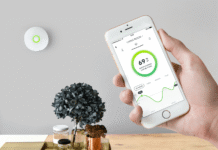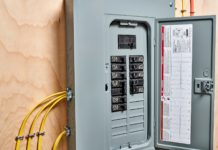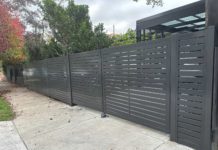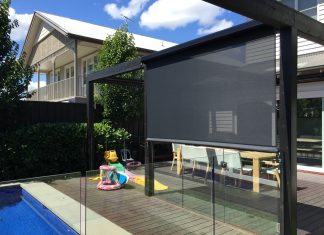If an electric device is served with more voltage than it can handle, a power surge occurs. If the surge lasts for more than 3 nanoseconds, it’s a surge. If less (between one or two nanoseconds), it’s called an electrical spike.
Lightning, storm, or just switching between on and off on your high-end appliance can cause a spike.
They occur due to a sudden rise in electricity network voltage. Spikes can damage an appliance or even trigger a fire.
Lightning has the highest risk of destroying your electronics and the damage level can depend on the intensity of the strike. To fix these electrical issues, you should immediately reach the experienced electrician available at precisionelec.net.au. They will ensure to fix electrical wiring problems without any harm and equipment damage.. To fix these electrical issues, you should immediately reach the experienced emergency electrician from Morayfield. They will ensure to fix electrical wiring problems without any harm and equipment damage.
Causes of a power spike
A power spike may occur from a power utility company error especially when switching power grids. Powerful lightning is another cause of power spikes. Power spikes may also occur when high-end appliances like refrigerators and air conditioners switch on or switch off.
There are lots of paths for a power spike to enter the home. For example, lighting can enter through TV cables, TV cables, or even through phone lines.
What electronics can a spike affect?
While electrical spikes can affect the different types of electrical appliances, items like printers, ovens, computers, videos, medical equipment, DVD players, and stereos are at higher risk.
Telephone lines can be a potential power surge source that may damage fax machines connected.
How do you prevent a power surge?
First and foremost, you should seek advice from your licensed electrician on preventing power surges. But all in all, surge protectors are a good idea for keeping wirings and electronics away from spikes. You have 3 options for protecting your home from spikes with surge protectors:
Portable Surge Protector
Surge protection powerbands are a portable surge protector that protects only the appliances you plug into them.
If you’re going for this option, make sure the one you choose includes telephone protection. Some surge protection powerbands may only function once and need to be replaced after a surge.
Powerpoint
You’ll need a licensed electrical contractor to install the PowerPoint surge protector to help protect key items in your home, such as fax machines or computers.
Main switchboard
Your licensed electrical contractor can install your surge protector at the main switchboard. New types have replaceable models for easy replacement without needing to disconnect the power.
These models feature an indicator that alerts immediately when an overload occurs. If you don’t replace the old modules, the electronics will continue to run but without protection against future surges.
How to keep your home safe from a power spike
Power spikes are common in homes with overloaded systems. It’s important to take preventive measures seriously to keep your home protected from power spike damages.
There’s nothing much you can do to prevent a power spike. However, your home can be completely protected from both external and internal surges.
If you experience a regular power spike, then your home appliances may need immediate electrical upgrading.
